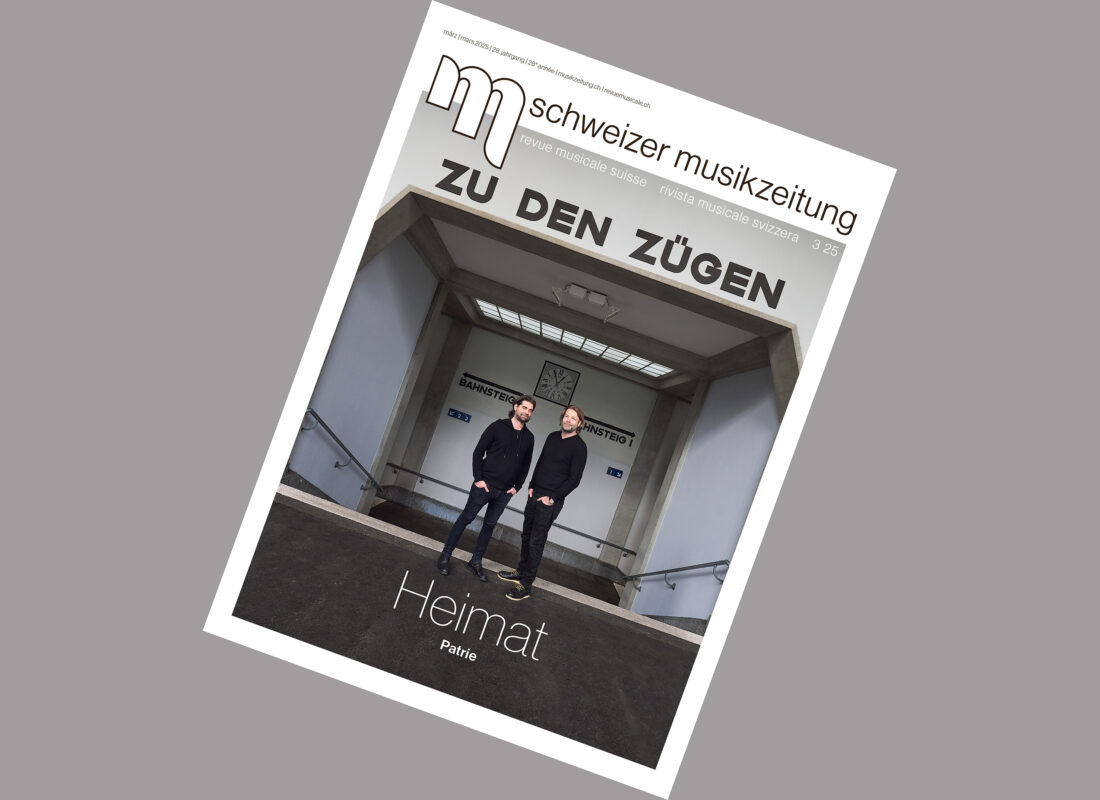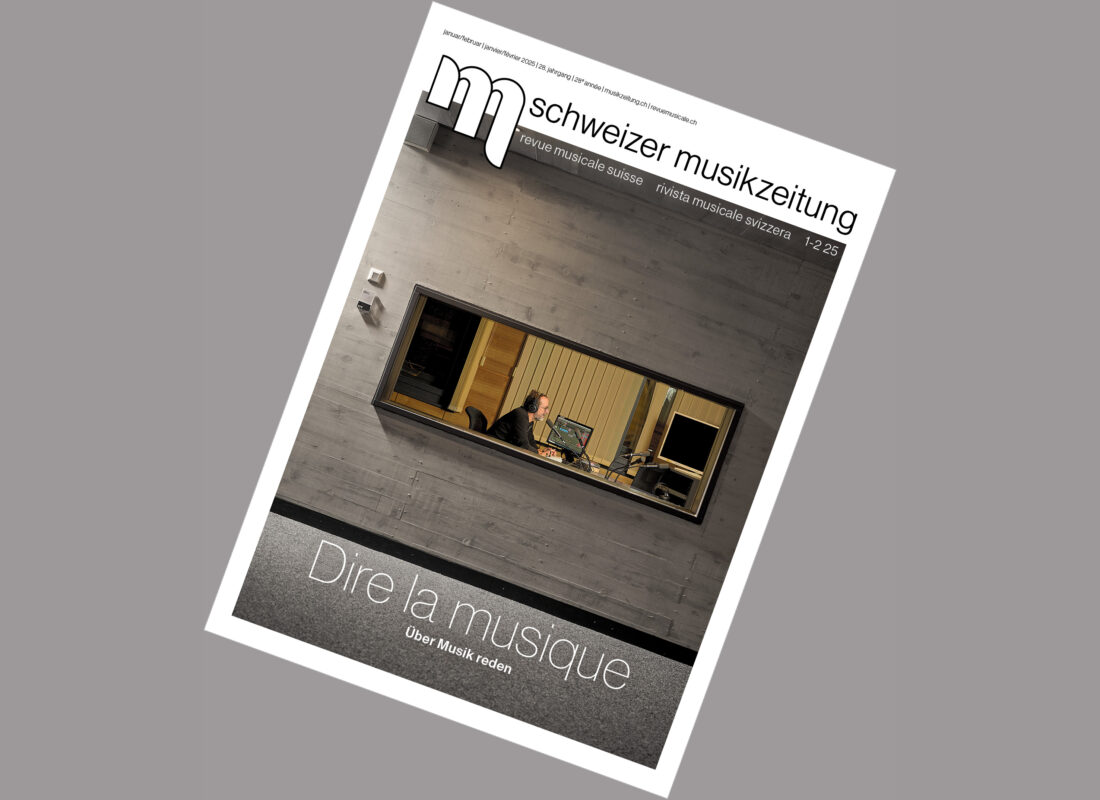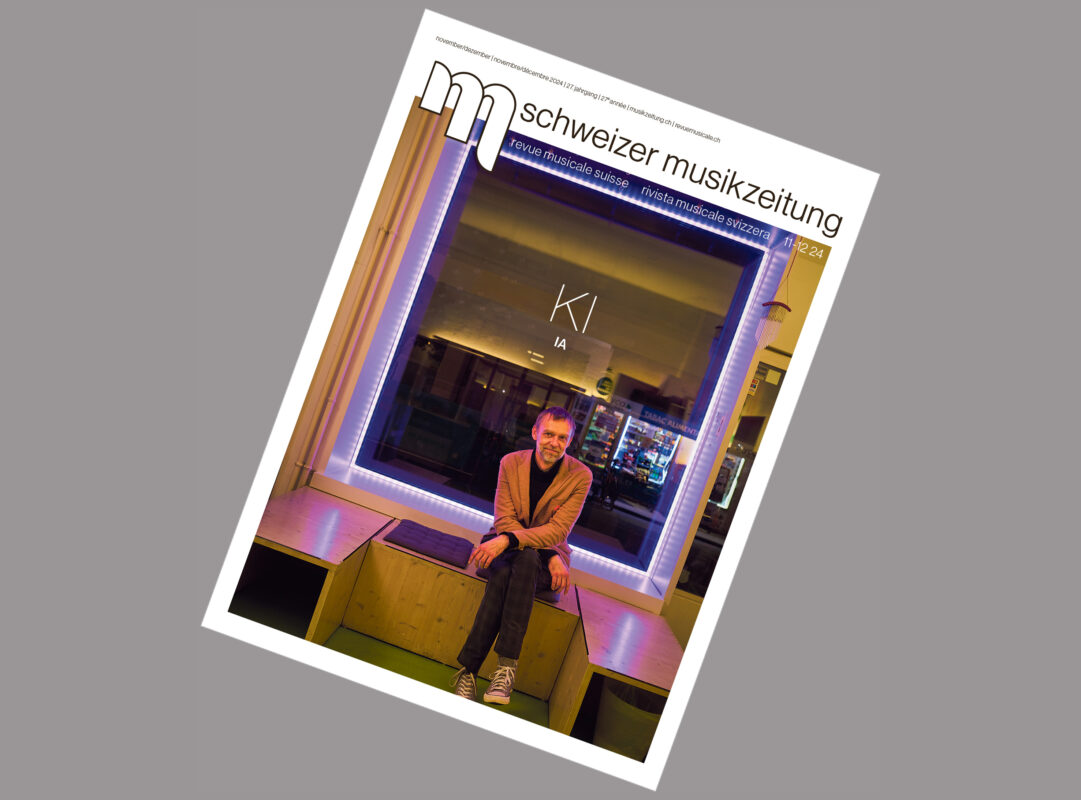Towards the score on the screen
Will tablets gradually replace sheet music on musicians' desks? Ongoing trials seem promising, but it will probably be a long time before paper really has had its day. The Lausanne School of Music is now testing it for itself.


Will tablets gradually replace sheet music on musicians' desks? Ongoing trials seem promising, but it will probably be a long time before paper really has had its day. The Lausanne School of Music is now testing it for itself.
Mountains of sheet music that have to be lugged around are part of a musician's everyday life and not only cause back pain, but also space problems in the music cabinet. Digitalized sheet music, whether scanned paper scores or computer-generated music, can be downloaded and stored in almost unlimited quantities. But are these scores really being used in artistic and educational settings? Do the reading devices and aids really meet the needs of musicians?
Tablets and smartphones have triggered a boom in e-books and the reading of digitized documents in general. Electronic scores and corresponding reading devices, on the other hand, are still little used, especially in classical music. The advantages are obvious: the personal music collection is available anytime and anywhere, as is sheet music that can be downloaded from the Internet. Notes and annotations can be easily added. Sending sheet music to fellow musicians or pupils by e-mail is extremely easy. Aids such as tuning forks and metronomes are often integrated. Transpositions can be carried out quickly and easily. The lamp on the music stand is superfluous and the scores can be projected, which is practical for choir or ensemble rehearsals, but also for educational purposes. Thanks to electronic scores, music libraries can make works available for which they would otherwise have no space. It is also possible for several people to consult a work at the same time and "borrow" it remotely.
The Brussels Philharmonic experiment
In 2012, the Brussels Philharmonic Orchestra played a concert from digital scores. The program included Ravel's Bolero and excerpts from works by Wagner. The pieces had been digitized in the run-up to the performance. The musicians now had all the sheet music with them on a tablet weighing just 600 grams. From the first rehearsal onwards, they no longer needed to write anything down; the notes appeared in their sheet music from the conductor's tablet. "Turning the pages" was done automatically, adjusted to the tempo of the conductor. And finally, an extrapolation showed that the Brussels Philharmonic would save around 25,000 euros a year if it always played with a tablet.
With all these advantages, it is surprising that the experiment was not pursued further. Was it just a marketing stunt or is the technology not yet fully developed? In fact, with this method you have to worry about turning the page at the wrong time, your eyes can get tired from the constant brightness of the screen or from the excessively small notes.
Use_tab
Based on these considerations, the library of the Lausanne School of Music and Conservatoire launched the "use_tab" project in 2014. Pupils and teachers, students and professors should find out how practical tablets really are for them in everyday use. Several devices (iPad air, equipped with a program for reading music and writing notes, e.g. Forscoreand a pedal to trigger the page turn) were made available to various user groups. By evaluating their experiences, it is hoped to obtain initial results on the benefits and possible uses of this technology (hardware and software), whether for individual practice, in ensembles or in lessons.








